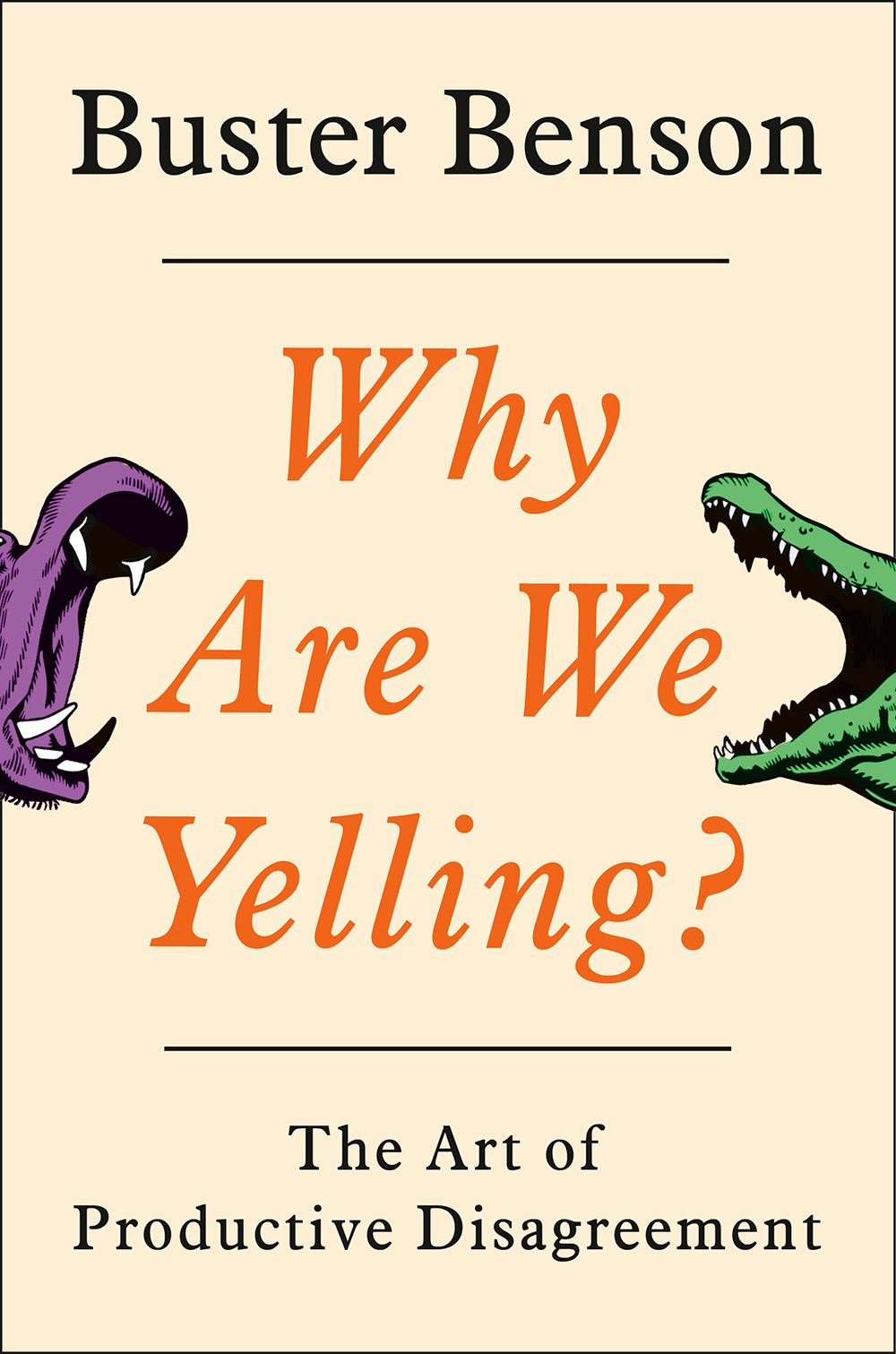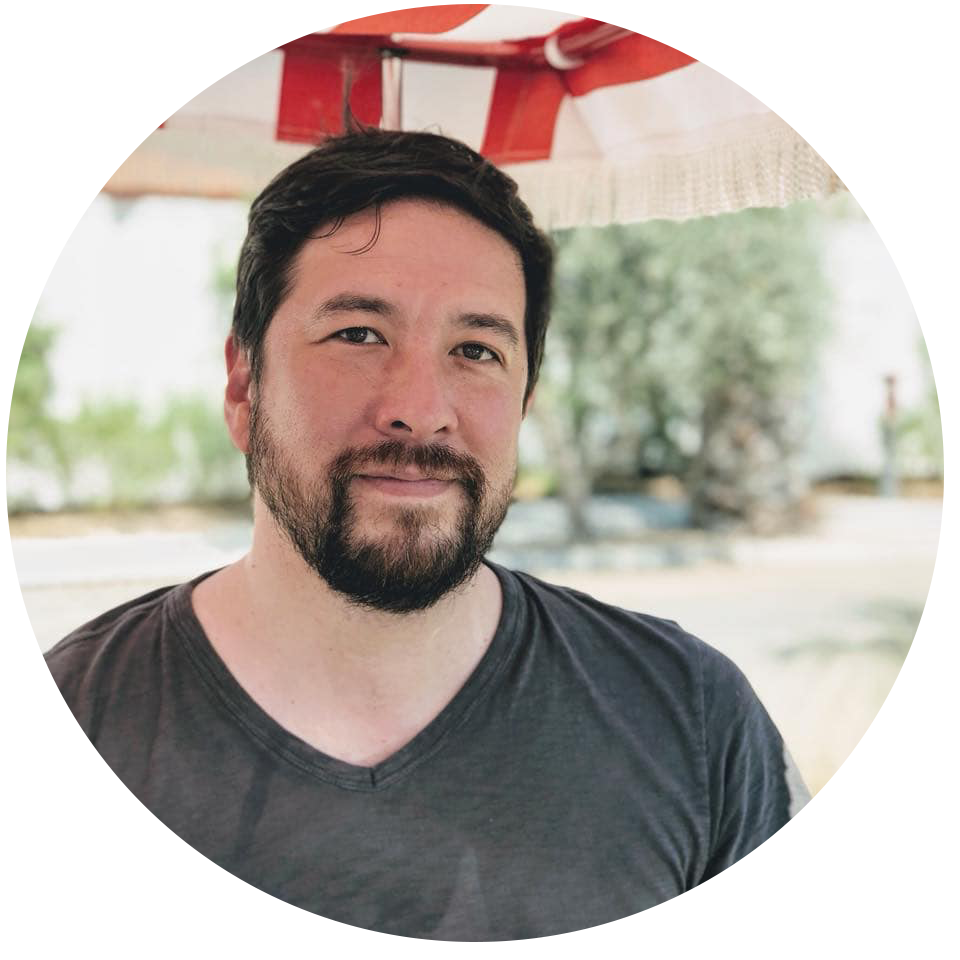This is my 13th year of yearly birthday reflections. Here are the previous 12:
I usually do these on my birthday at the end of May, but it’s now July. Whoops. Most (okay, all) of my energy is going into 3 things right now and for the foreseeable future: family, work (Patreon), book. Book, by virtue of being the most flexible, is taking the 3rd rank there, and is therefore the most behind. Meaning that, given time to think and write, which this post generally requires, there’s usually a higher urgency need to work on the book directly. Hence the delay. That’s my story.
But, I know that self-reflection of the past and coming year is fundamental to actually being a productive and healthy contributor to family, work, and the book… so here we are.
One notable thing about all of this is that my 3 priorities are converging more than they ever have in the past. I’m looking back at the mottos from last few years: cultivate quality time (38), make wiggle room (39), mind the loops (40), and seek endarkenment (40)… these are all links in the same chain that now turns out to be a universal mindset that applies to family, work, and writing. I guess that’s a convenient byproduct of systems thinking… eventually it all has to fit together …

